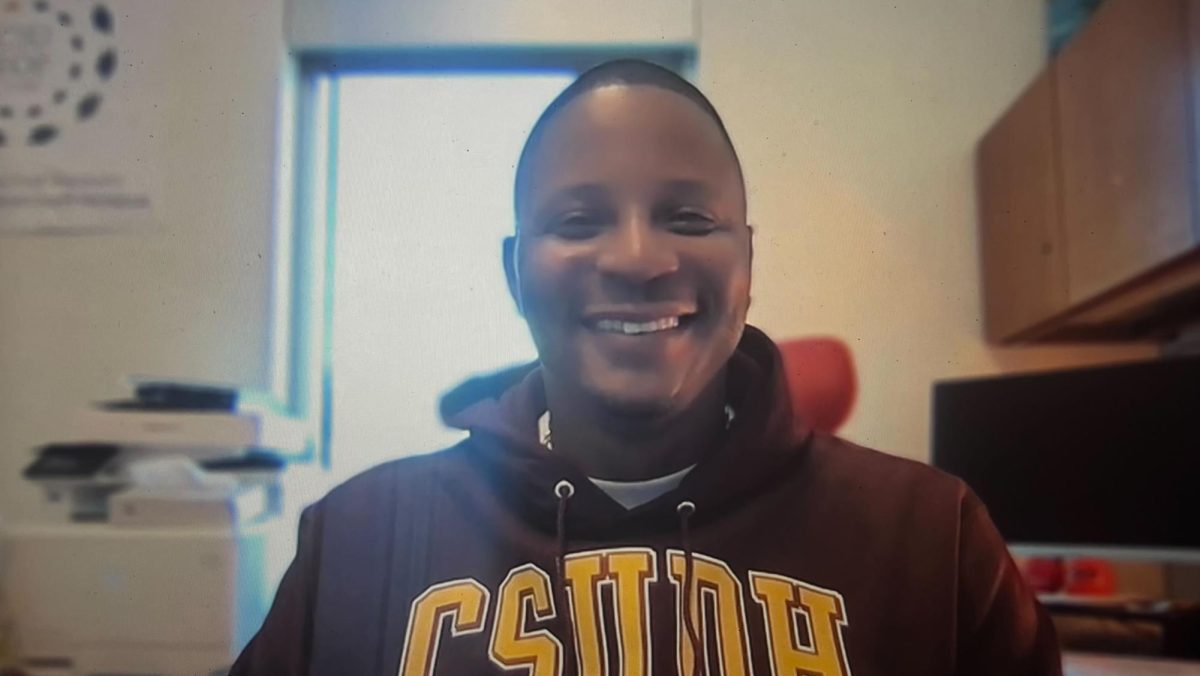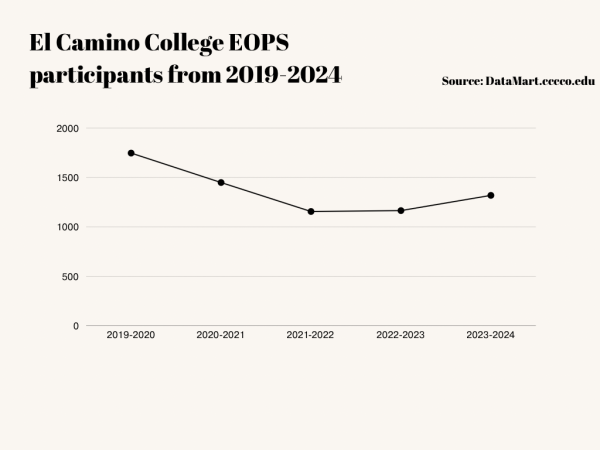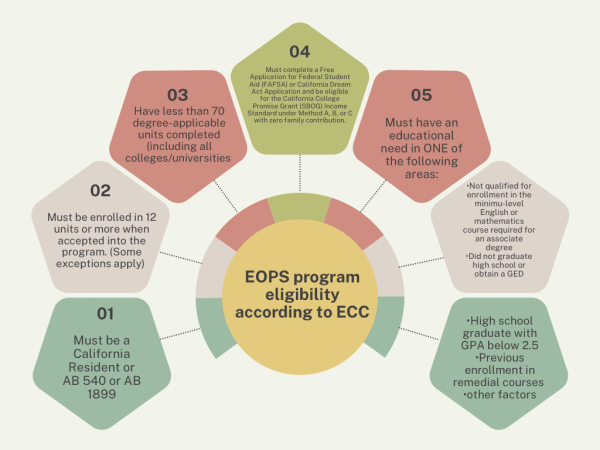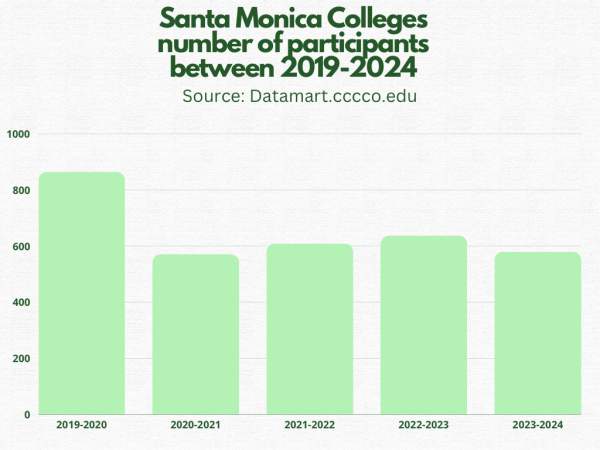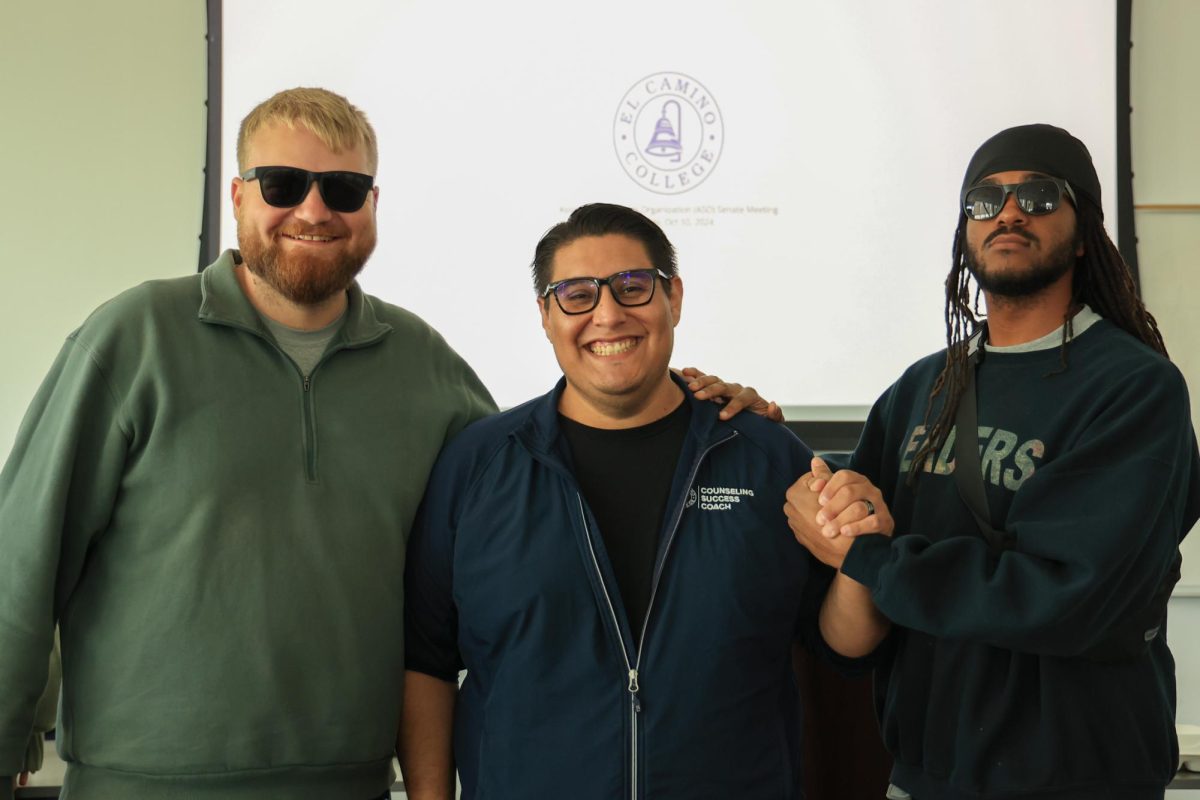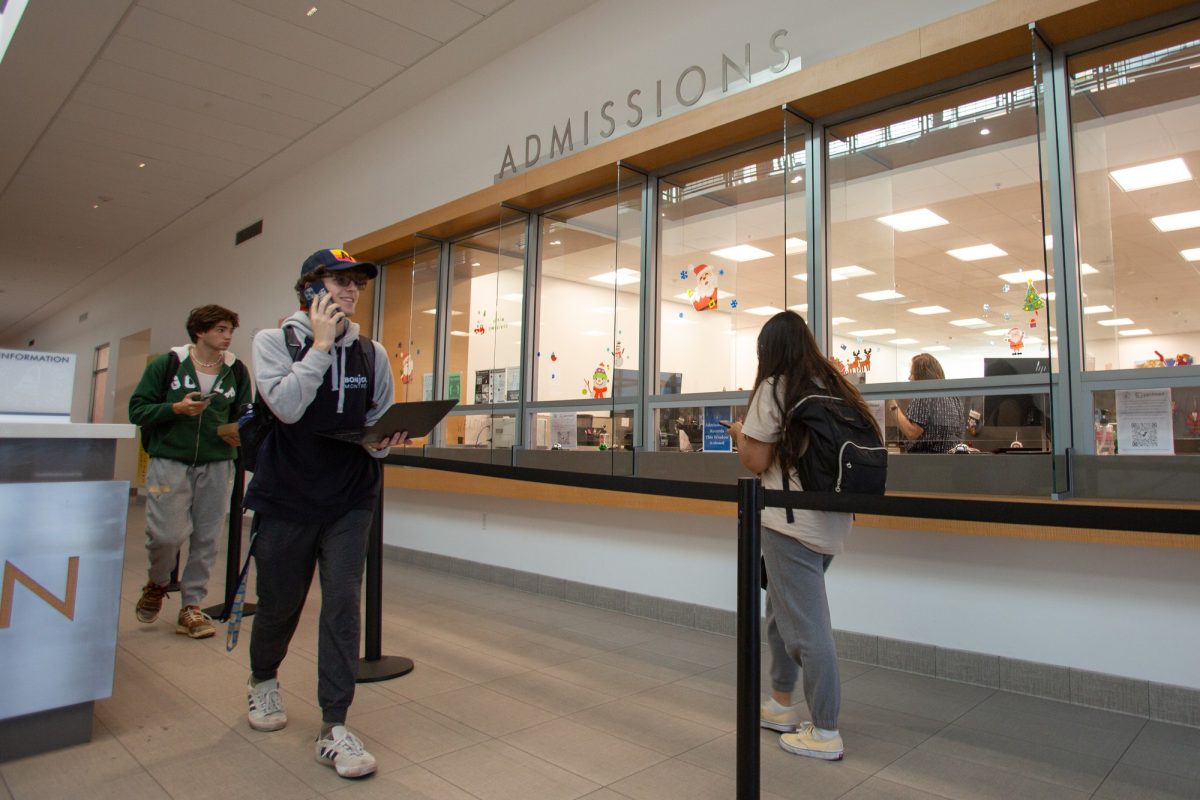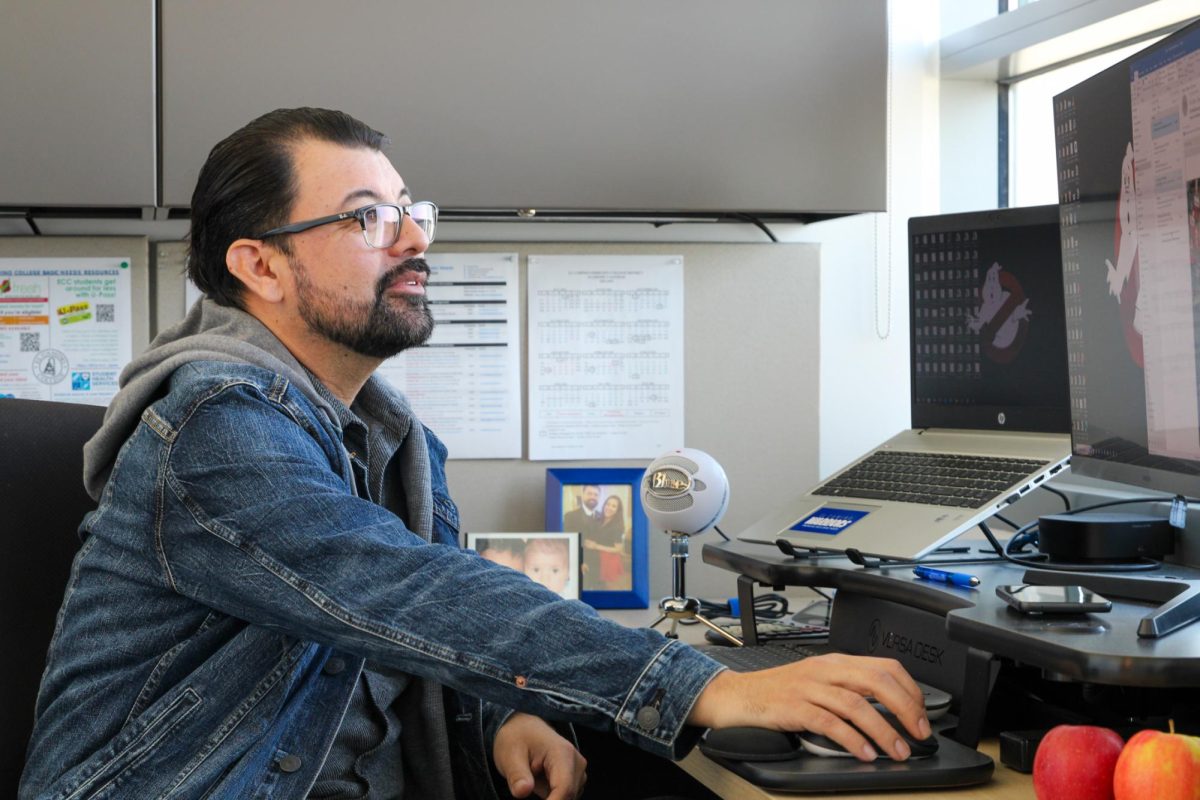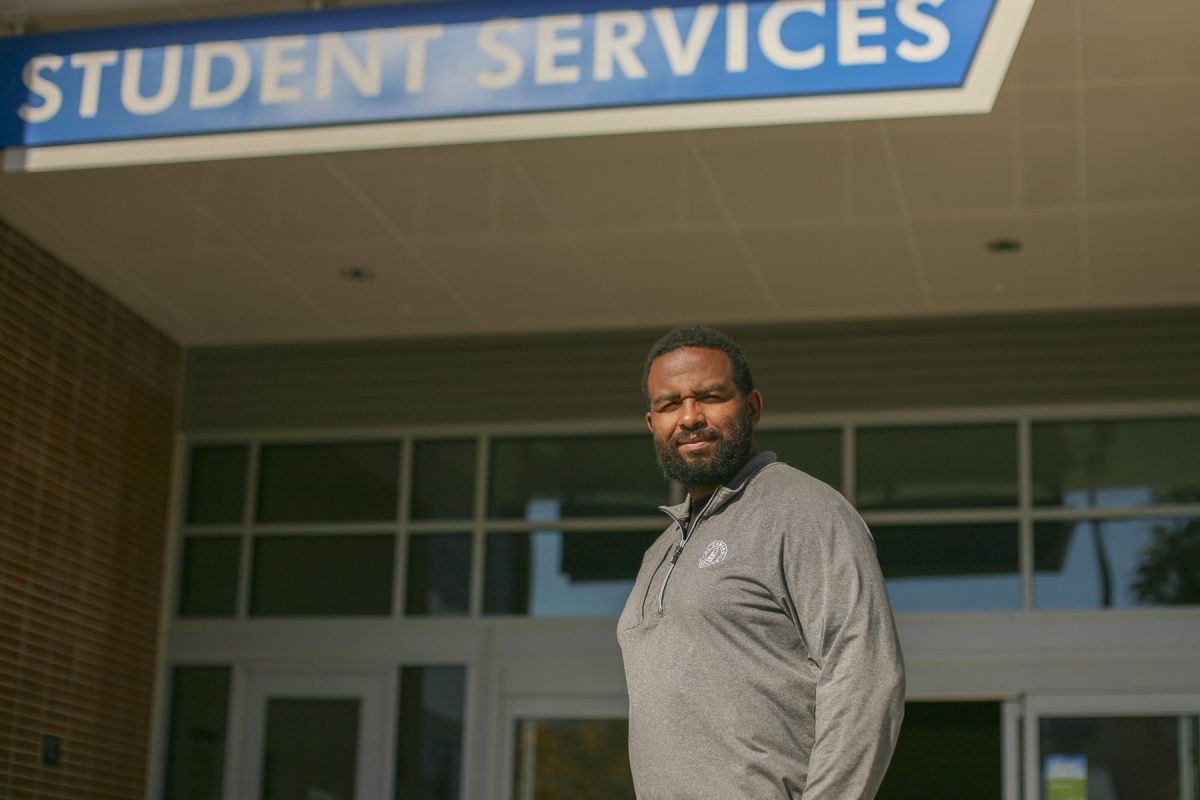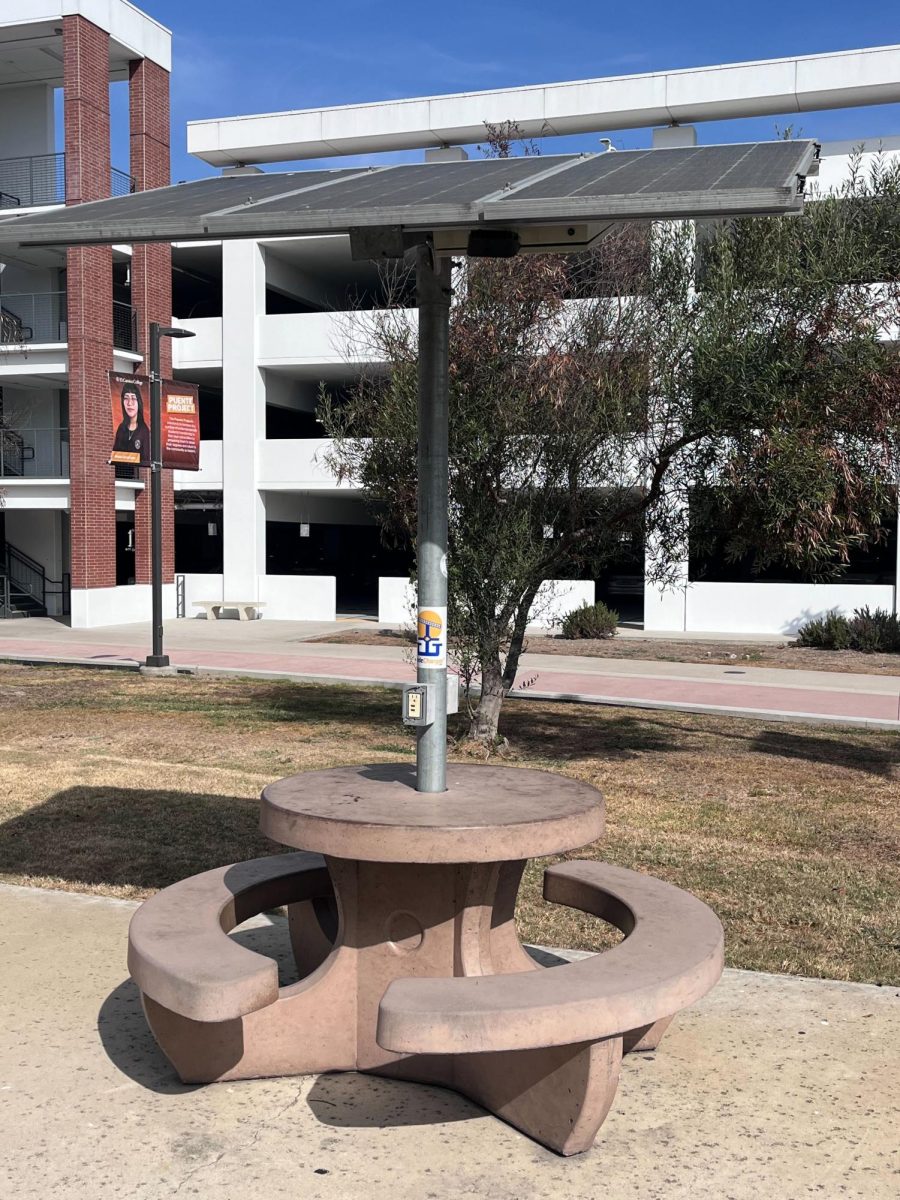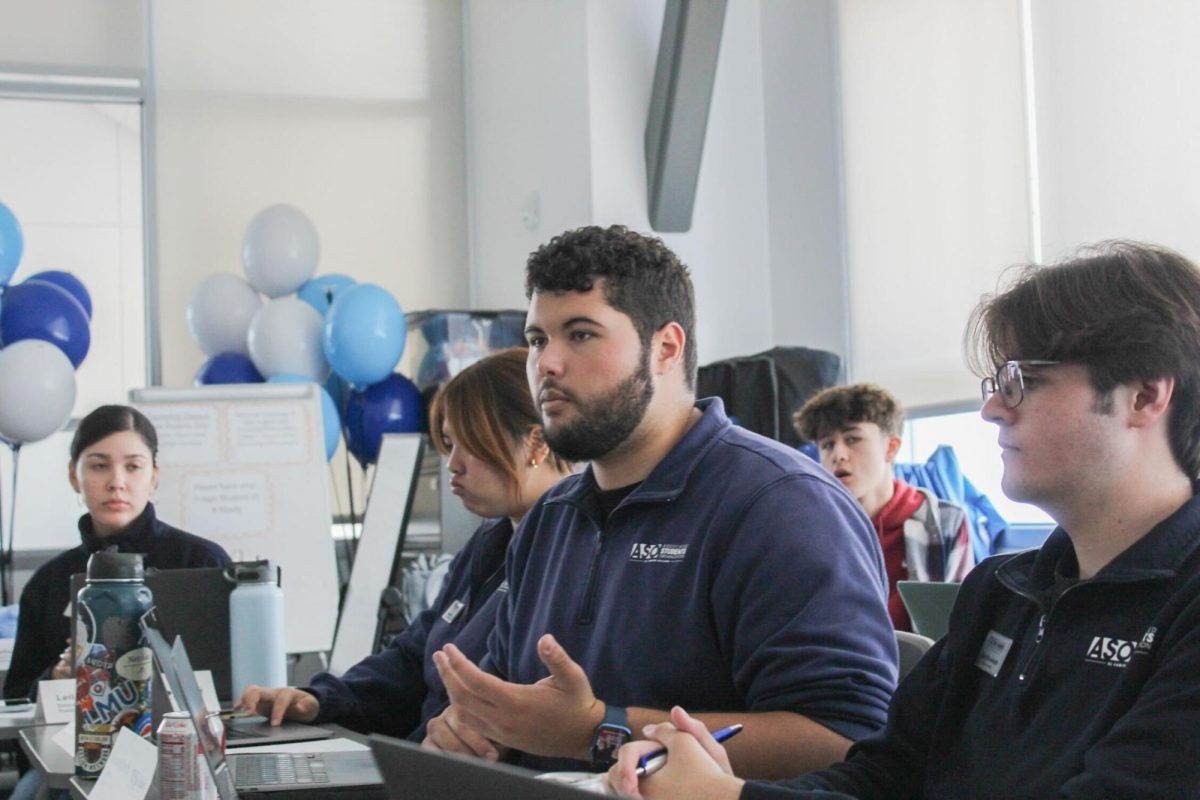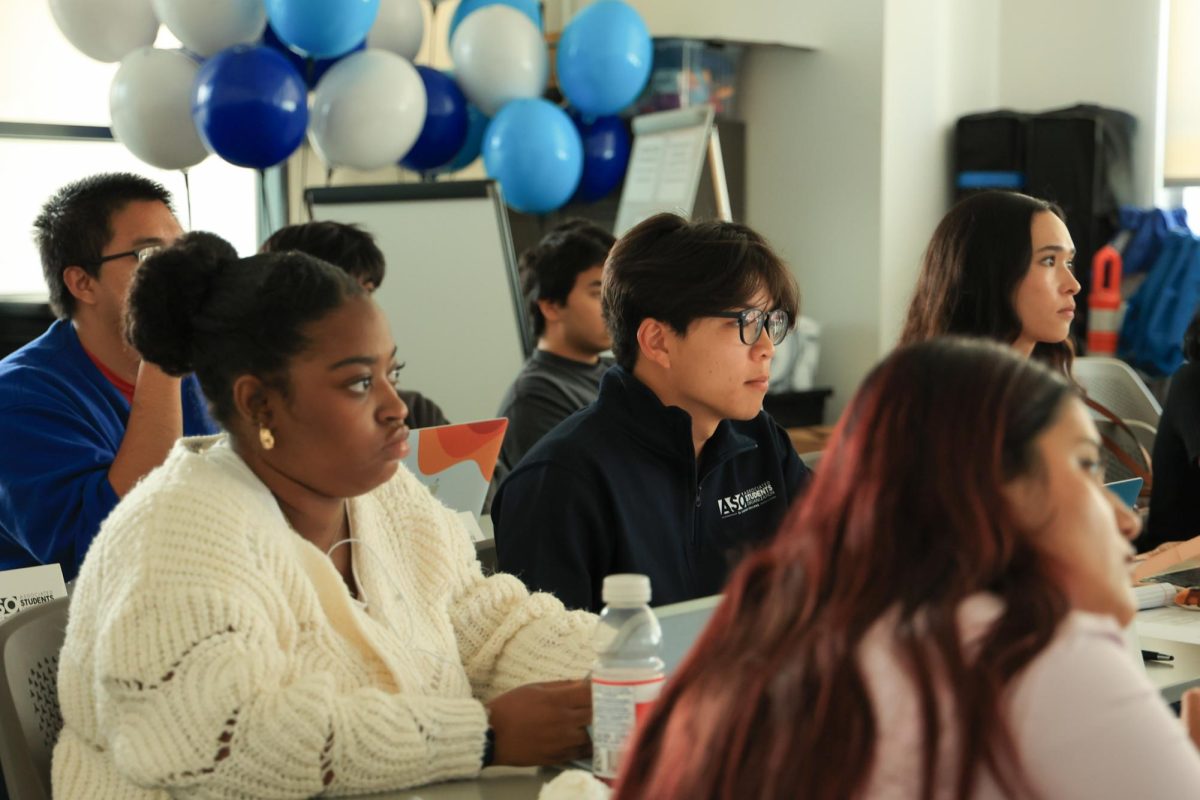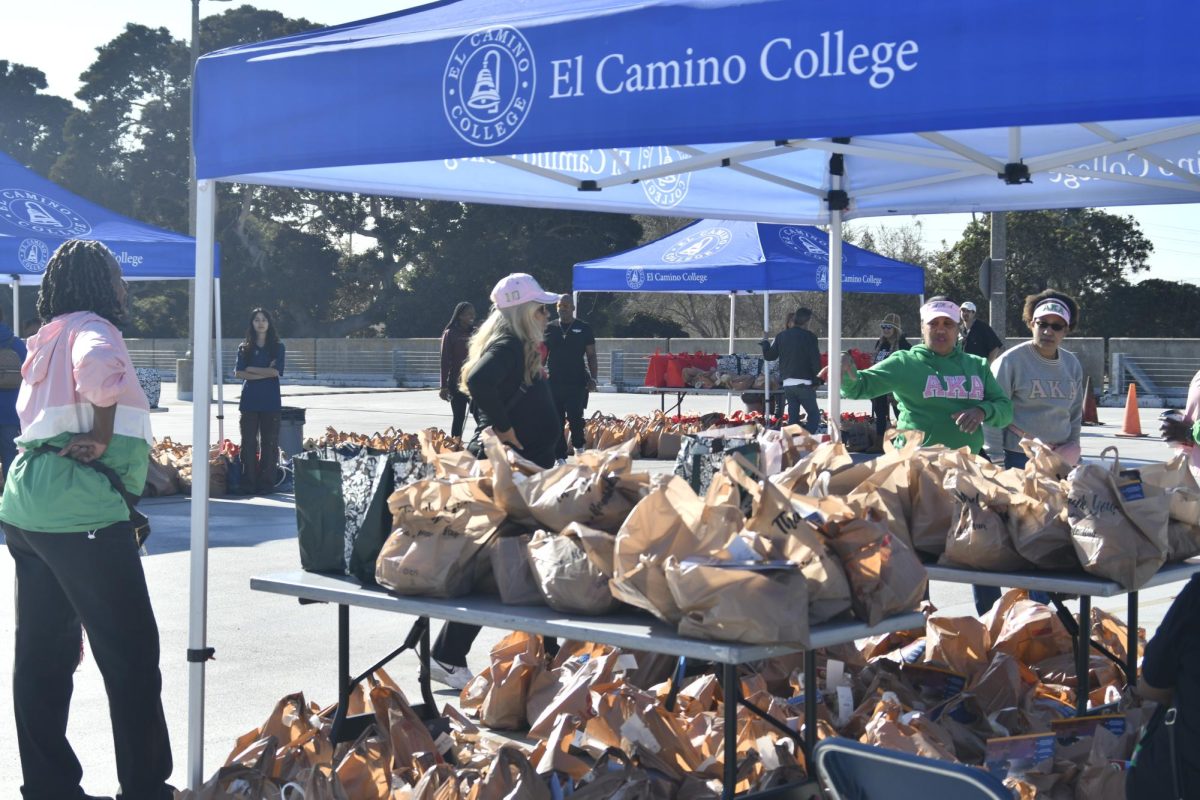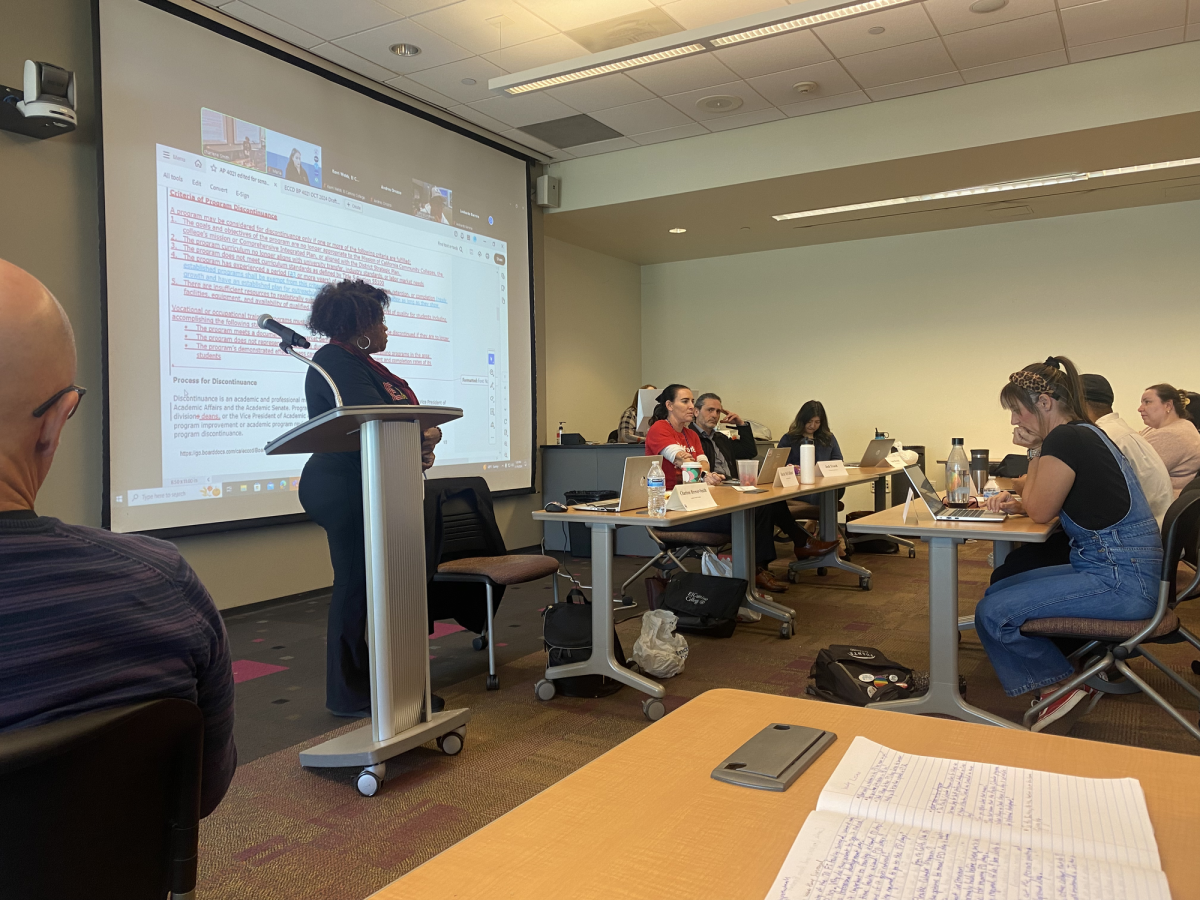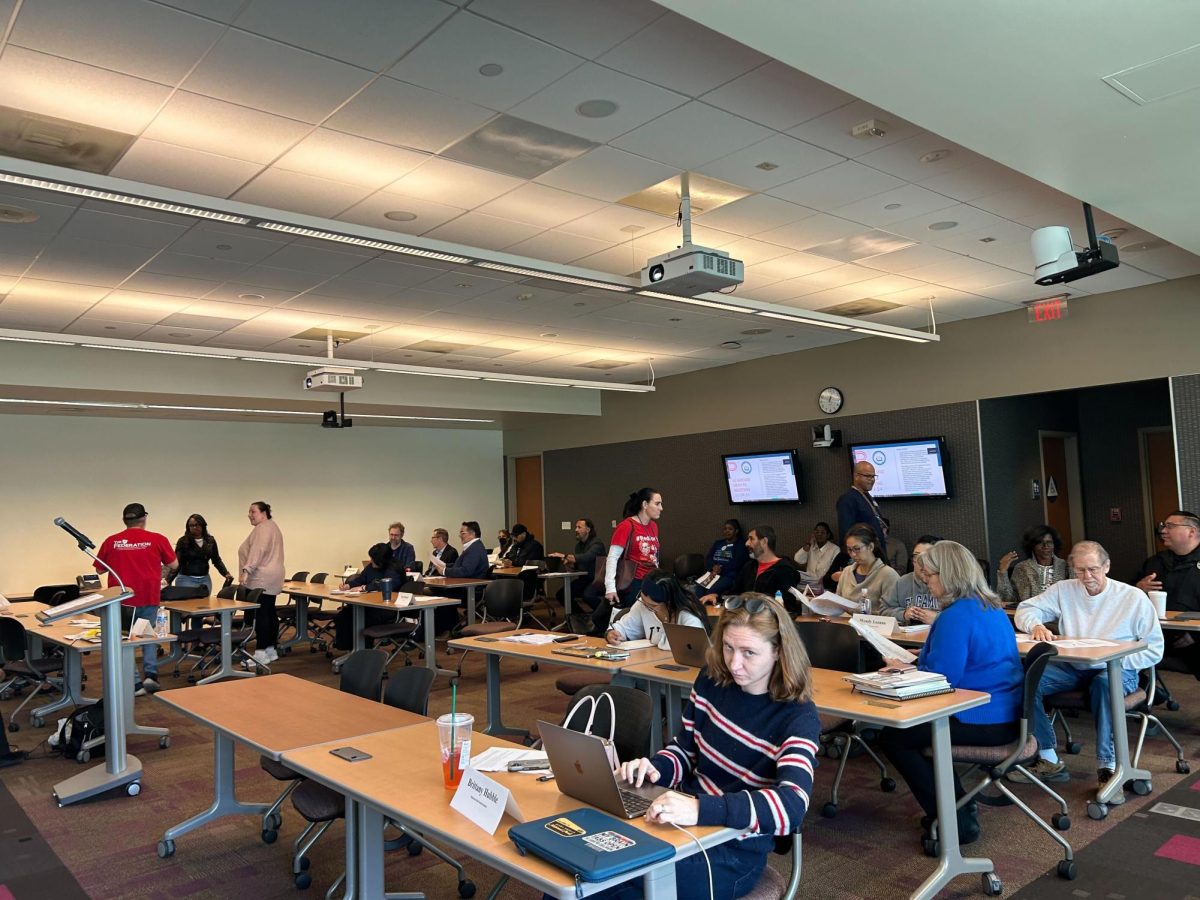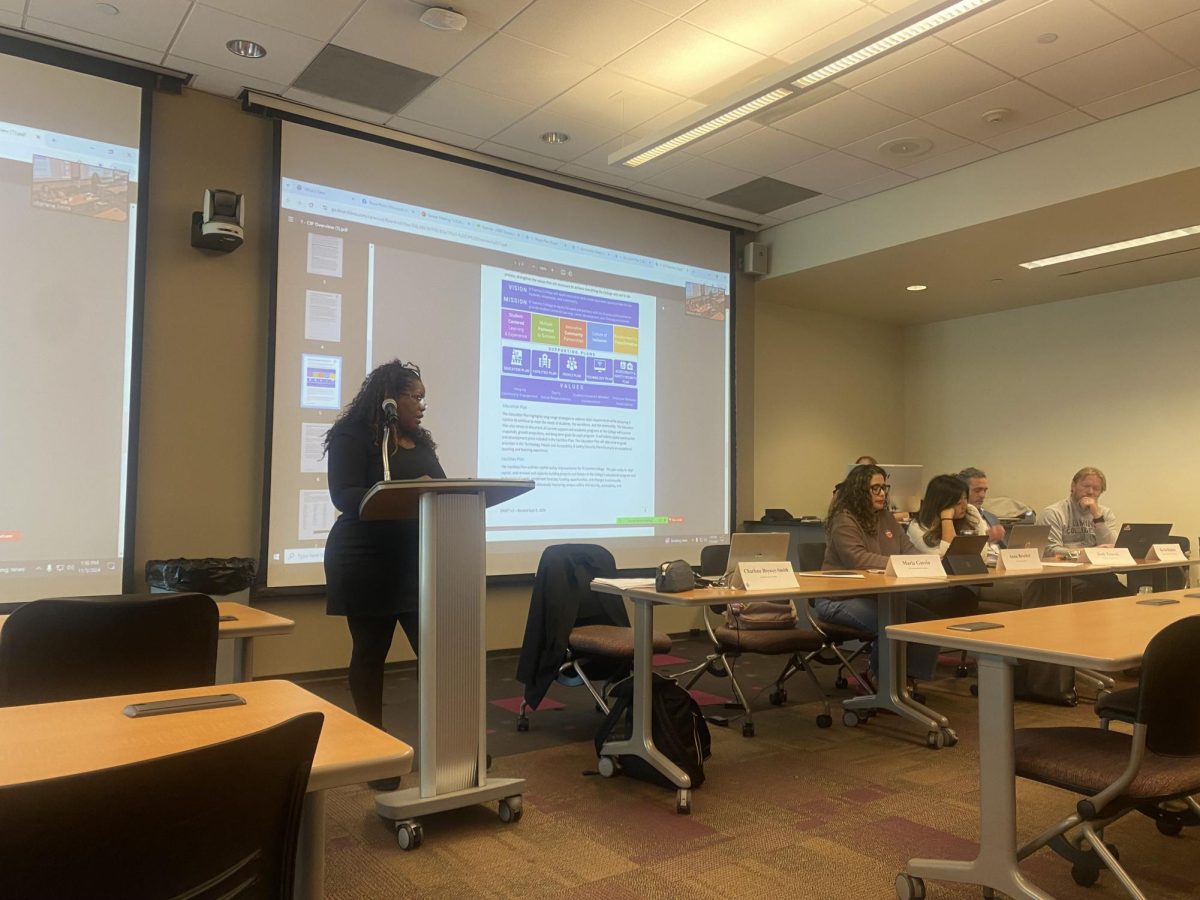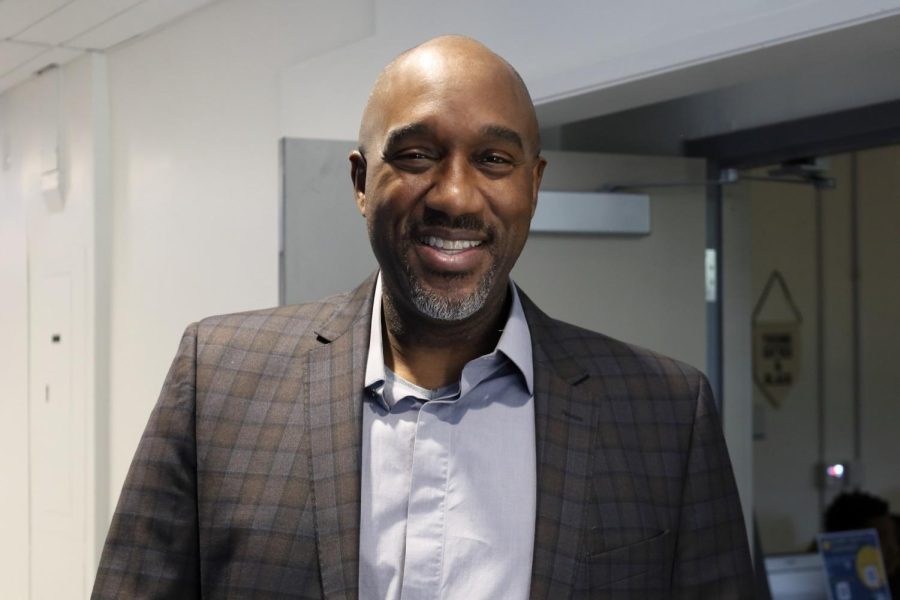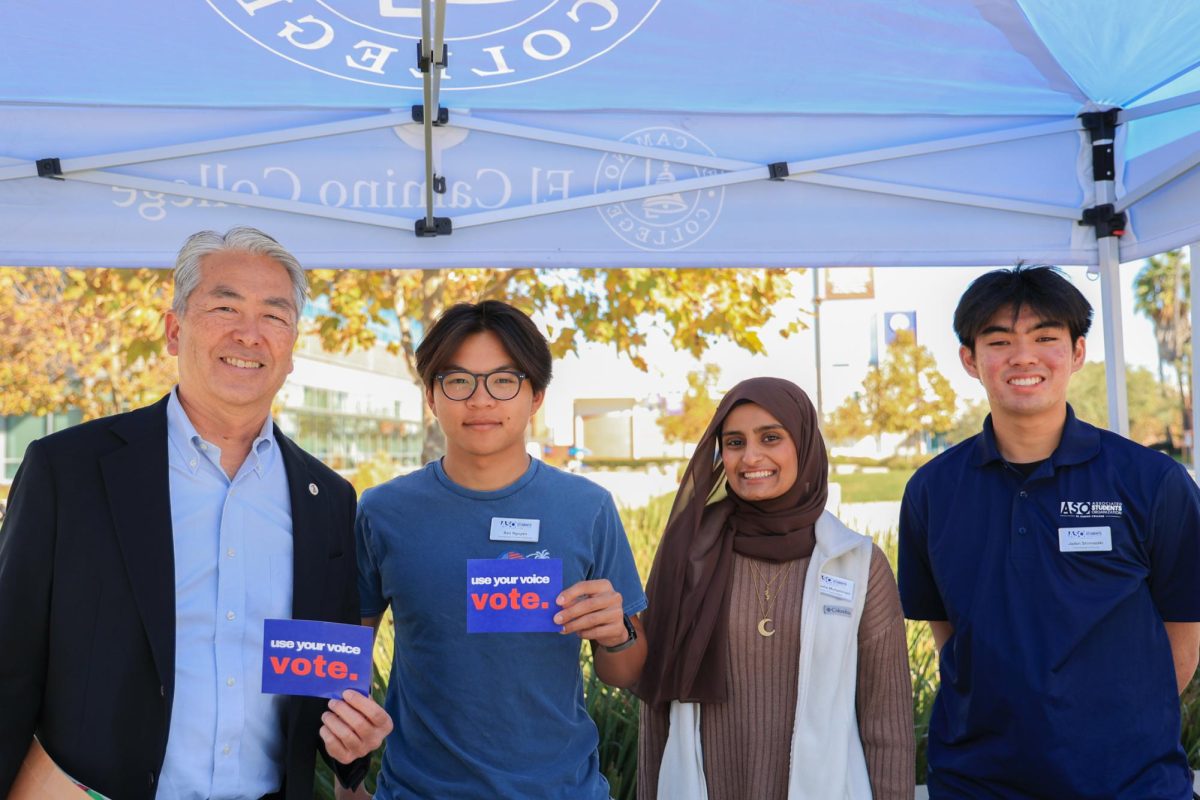The Extended Opportunity Program has seen a decrease in students enrolled in the program since the pandemic.
During the pandemic, many classes, programs, workshops, and resources were pushed online, causing a decrease in participation from students around Los Angeles County at community colleges and universities.
With some decreases more drastic than others, it leads to questions, including what caused the drop and what the EOPS staff is doing to combat these issues.
The EOPS program staff at these different colleges hope for a more progressive future and are implementing different things to possibly meet their goals soon.
At El Camino College, EOPS has dabbled in both in-reach and outreach to see these numbers progress.
Leslie Delgado, the interim assistant director of EOPS at ECC said there are currently 1,318 students enrolled in the program as participants.
The increase may be linked to more students returning to college since the pandemic.
“Our numbers are definitely increasing,” Delgado said.
Enrollment numbers for the EOPS program are equally important as the number of students enrolled is correlated with the amount of funding it receives. The more students the program serves, the more funding the program is given.
“The grants that we receive or the funding that we receive is calculated partly by the enrollment,” Delgado said. “So when we see a decrease in numbers and we also see a decrease in our budget.”
Through working closely with local high schools and hosting events on their own campus, the program has gone out of their way to make students aware of its services.
“We dedicate a lot of time for outreach and in-reach as well,” Delgado added. “So we work closely with the outreach department here on campus.”
The EOPS program has resources for students – from more complex situations to simple basic needs.
Angelica Hermosillo-Hernandez, the West Los Angeles College EOPS Department chair said checking in with students is important in order to offer those resources that they may need throughout the semester.
Since the pandemic, the enrollment of students at WLAC has increased by 0.93%. The “three contact” rule that can be found in the EOPS contract when applying, ensures that every student is on track and making the progress they should be making.
“We offer book services, grants to the students, we offer priority registration, we have celebrations for our students, we offer workshops, so different resources that we’re just trying to provide them with a whole, I guess you could say, high-touch experience,” Hermosillo-Hernandez said.
With these available resources and help from EOPS staff, students at WLAC are made aware this program exists and are becoming involved with it.
“We’ve been able to double in size over the past few years, which has been really exciting to know that the students are aware of our services and that they’re getting connected and that we can serve them here,” Hermosillo-Hernandez added.
Students who lack the resources said the program has benefitted them. One of those students is Alexxees Chavez, a psychology major.
Chavez is not just a regular West LA student but also involved in other clubs and programs.
Chavez has been appointed as the historian senator for the Associated Student Organization and is vice president of The Puente Project. Chavez expressed appreciation for EOPS.
“The people there, I tell you this much, they make me feel so like I matter, they really do,” Chavez said.
Chavez takes advantage of the many resources the program has to offer, including workshops and the pantry West LA has.
What makes this program different from others is how involved each counselor is. One thing that most of these counselors can attest to is being in the same position as the students who are enrolled in the program once upon a time.
Aaron De La Torre, Interim EOPS Care Supervisor at Santa Monica College, said his experience as a student once helped shape him for the role.
He graduated high school and attended SMC, immediately enrolling in the EOPS program.
“I call this place my home, like this is where I grew up,” De La Torre said.
He said things have progressed since he was a student.
“We’re a little bit more flexible with our students in terms of offering in-person, phone and video appointments,” De La Torre said.
Though some students appreciated the flexibility of the online resources many students decided to not return at all.
Sean James, Director of EOP at California State Dominguez Hills, said the issue with their students wasn’t necessarily the decrease in participation.
“We didn’t see a large loss in numbers but it was a large loss in students making the decision to attend,” James said.
James said a lot of students who were facing financial hardships at the time would choose to take the community college route in order to save money, which affected the number of EOP participants at CSUDH.
Students who meet the requirements are encouraged to apply to this program to help them through their college career.
“I always tell students, ‘Look I have so many connections because of how long I’ve been here, so use me as a resource as much as you can,’” De La Torre said.


